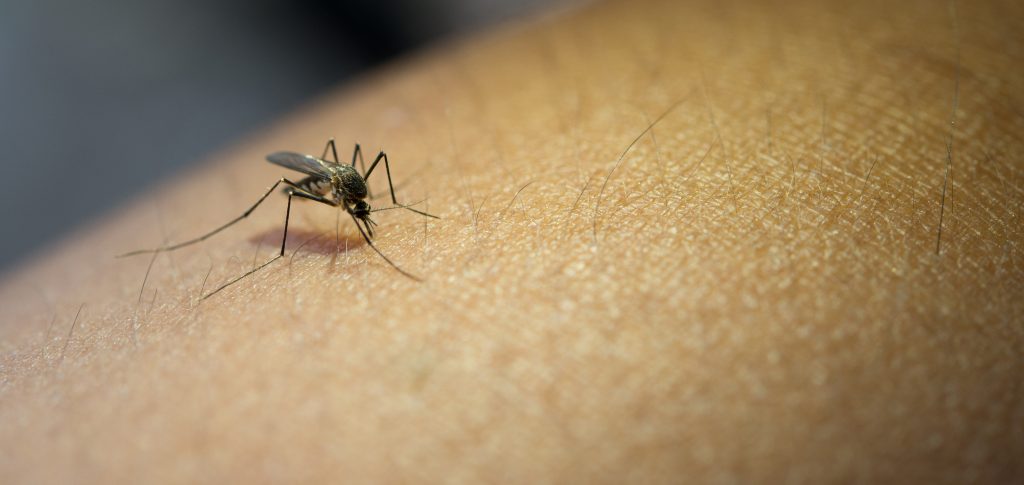World Malaria Day
World Malaria Day (WMD) is an international observance every year on 25 April to recognize global efforts to control malaria. The goal of the day is to provide “education and understanding of malaria.”
Malaria exists in more than 100 countries worldwide, and some 900,000 people die from the disease each year. According to the World Health Organization, after more than a decade of steady advances in fighting malaria, progress has leveled off. World Malaria Day is part of a call for urgent action to get the global response to malaria back on track.
Malaria is a life-threatening disease caused by parasites that are transmitted to people through the bites of infected female Anopheles mosquitoes. It is preventable and curable.
Malaria was the most severe health hazard encountered by U.S. troops in the South Pacific during World War II, where about 500,000 men were infected.
At the close of the 20th century, malaria remained endemic in more than 100 countries throughout the tropical and subtropical zones, including large areas of Central and South America. Resistance to anti-malarial drugs, as well as the resistance of mosquitos to insecticides and the discovery of other species of the parasite have complicated control measures.
History
World Malaria Day was established in May 2007 by the 60th session of the World Health Organization.


